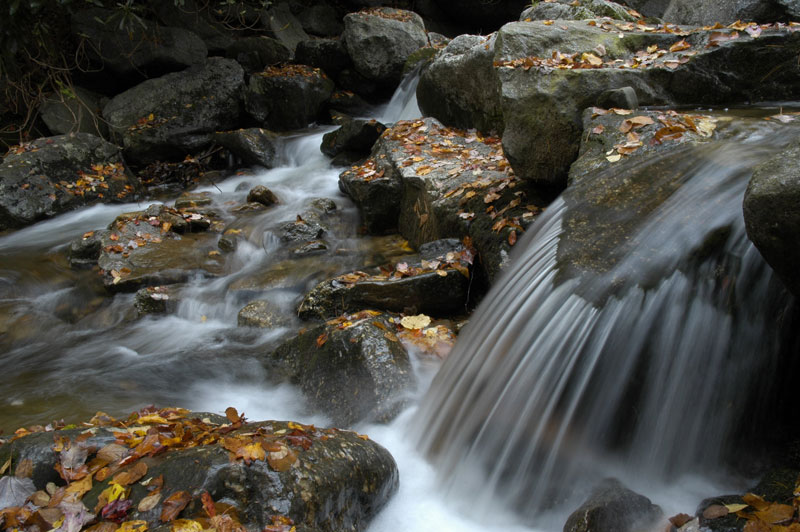Restoration Project Impact Assessment in Support of Delaware River Watershed Initiative
https://stroudcenter.org/wp-content/uploads/lofty-creek-feature.jpg 800 532 Stroud Water Research Center Stroud Water Research Center https://stroudcenter.org/wp-content/uploads/lofty-creek-feature.jpgThis project quantifies the positive impacts of restoration projects on water quality and soil health associated with the Delaware River Watershed Initiative. (Project details may change over the lifespan of…

